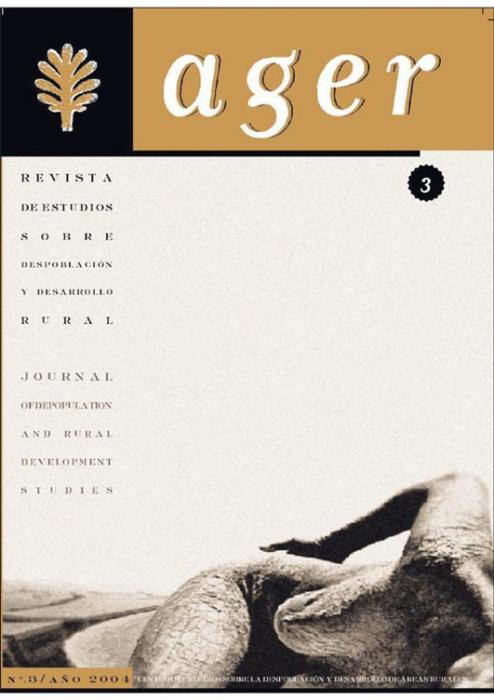Fecundity and family aids. An appted study to Spain for different ages
Abstract
The aim of this paper is to know with more depth the economic determinants of fecundity in Spain and, in short, how the public aids for dependent children explain the fecundity of the women according to their age. The idea is that this paper serves as guide to the different government units whose territories are affected by the problems of the aging and the depopulation, because if these areas don’t start guided to solve such problems (as the aids for child), the territorial imbalances existent will accentuate, and the abandonment of many of their villages will be impossible to avoid. This is the first time that a study of this type is carried out in Spain, and the results obtained for variables as child tax allowances and social benefits, the value of the woman’s time, the unemployment rate and the income, are in general consistent with the established hypotheses theoretically. Anyway, the empiric application carried out demonstrates unequivocally that the benefits that reduce the direct cost of the children, and very especially the fiscal benefits contemplated in the Spanish Personal Income Tax, stimulate the demand of children.Downloads
Published
How to Cite
Issue
Section
License
Authors who publish in this journal agree to the following terms:
a. Authors retain their copyright and grant the journal the right of first publication of their work, which will be simultaneously subject to the Creative Commons Attribution Licence, which allows third parties to share the work provided that the author and the journal's first publication are acknowledged.
b. Authors may enter into other non-exclusive licensing agreements for the distribution of the published version of the work (e.g., depositing it in an institutional repository or publishing it in a monographic volume) provided that the initial publication in this journal is acknowledged.
c. Authors are permitted and encouraged to disseminate their work via the Internet (e.g. in institutional digital archives or on their website), which may lead to interesting exchanges and increase citations of the published work. (See The effect of open access).

